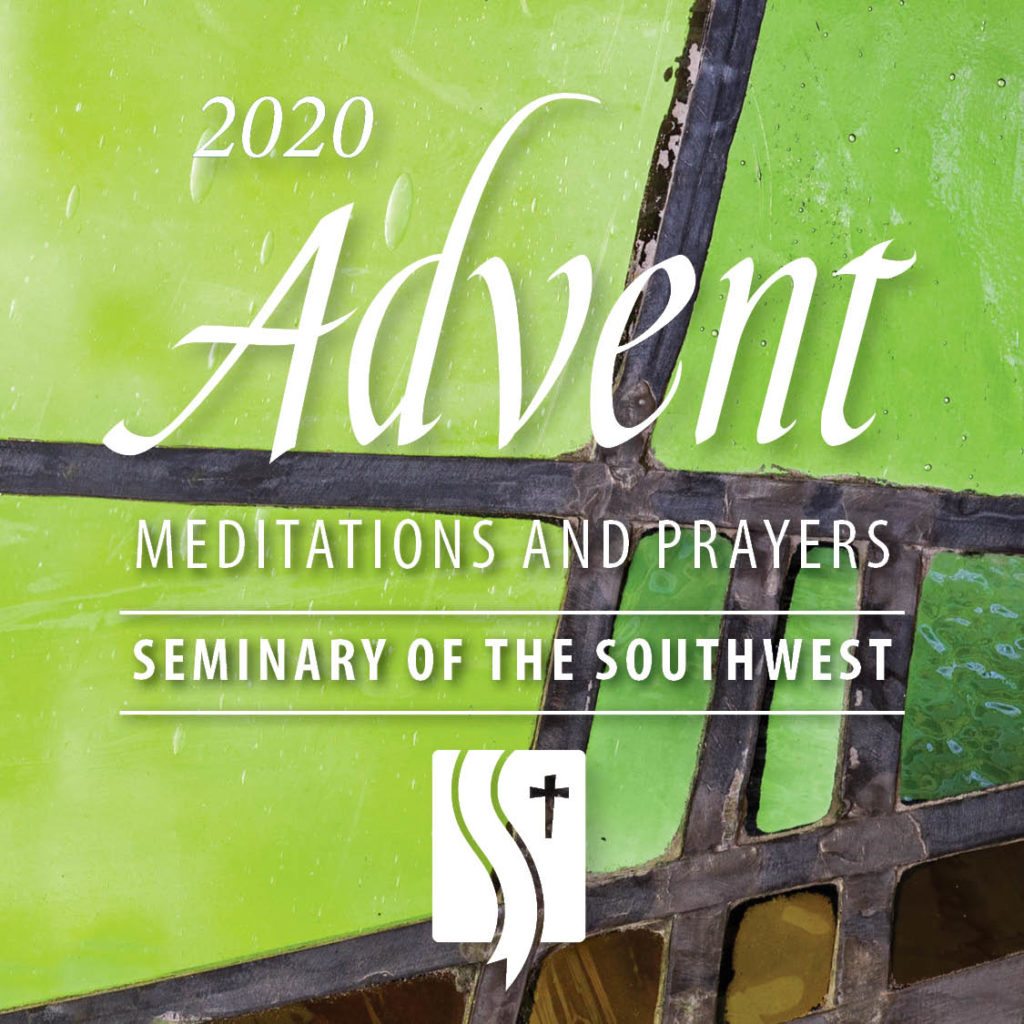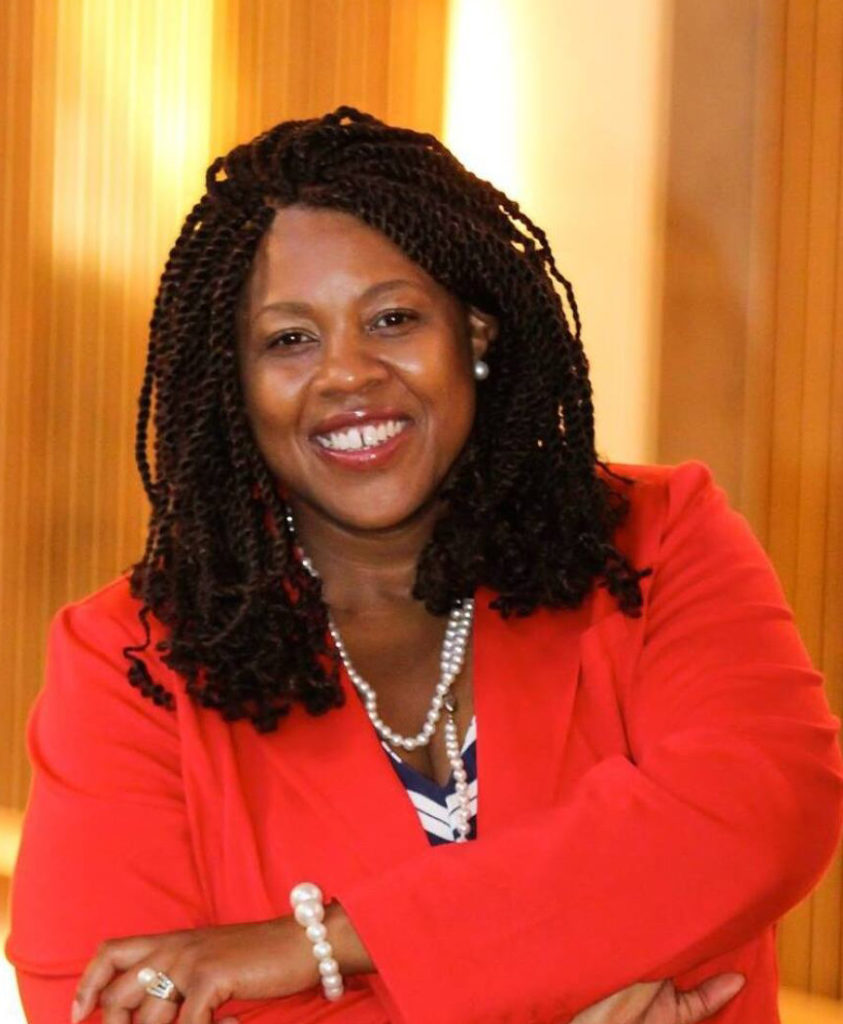Psalm 126 or Luke 1:46b-55 • Isaiah 61:1-4, 8-11 • 1 Thessalonians 5:16 • John 1:6-8, 19-28
Psalm 126 is part of a collection of songs of ascent (Psalm 120-134). These short songs that likely intended for memorization as an oral practice for those making a pilgrimage back to Jerusalem. Psalm 126 situates Israel in interstitial space. These are a people who have experienced destruction, displacement, and loss. Communities and families have been divided. The present seems weighty and the future is unclear.
However, Israel remembers the power of God’s deliverance. They recall that throughout their past God has shown up for them. As a result, even in the midst of anguish they hold on to hope. Hope is their act of resistance. Hope is the thing that can not be taken away from us in the midst of life’s darkest moments. Hope leaves room for our dreams, our laughter and our joy.
Joy is the dominant emotion in this text. The Hebrew word, ranah, is the word often used in the Hebrew Bible as the emotion attached not only to the return from exile but also to name the emotion for approaching the temple. So in this season of so much despair, let us continue to have hope and find joy for this is the way that we honor God in difficult seasons.
This advent, we sit in yet another season where we are surrounded by
our anxiety and despair. The future of our nation and our world seem
so unclear. We are situated in so much loss—those who we’ve lost
to COVID-19, those who we’ve lost to racism, greed, xenophobia and
apathy. It is easy to lose sight of your presence in these moments. Yet, we
pray for the courage to continue to seek you, to search for you, to live in
the anticipation of how you might show up in this world.
The Rev. Yolanda Norton The Crump Visiting Professor and Black Religious Scholars Group Scholar-in-Residence
Seminary of the Southwest
The Advent Meditations and Prayers are a gift to our seminary community and are made possible through gifts to our Annual Fund. Seminary of the Southwest appreciates the support of its friends, alumni, and the communities around the world that its graduates serve for the glory of God. This support ensures that Southwest, as an institution made of individuals dedicated to service to God and their fellow members of the body of Christ, can continue doing its part to build the body of Christ.



